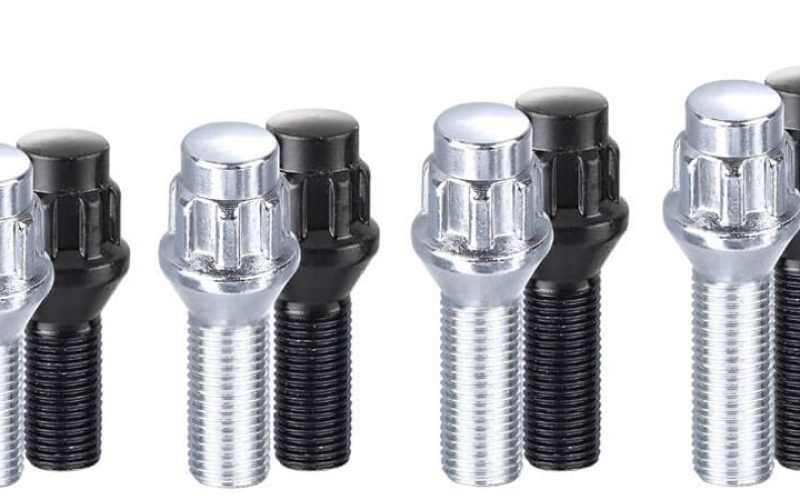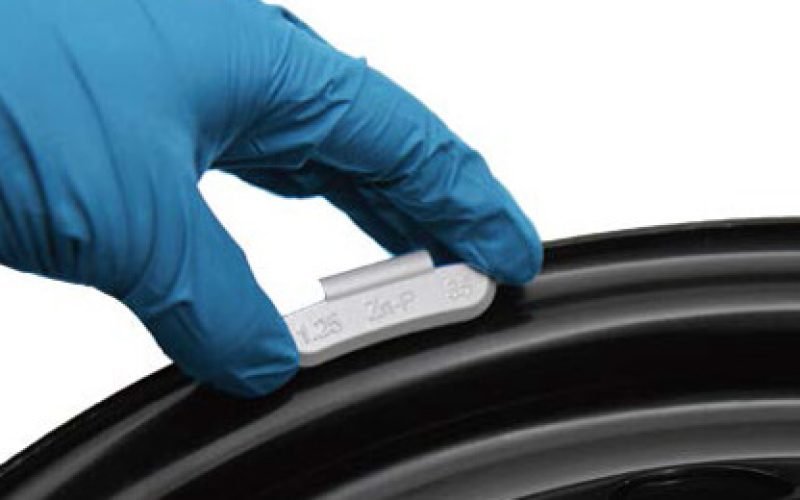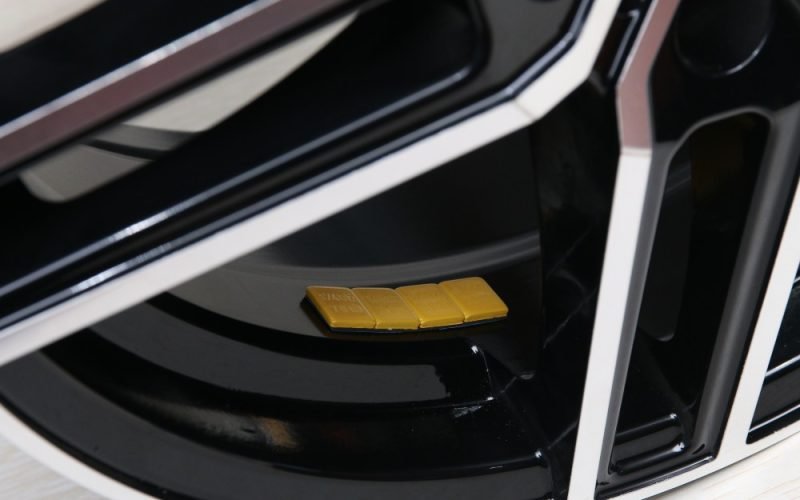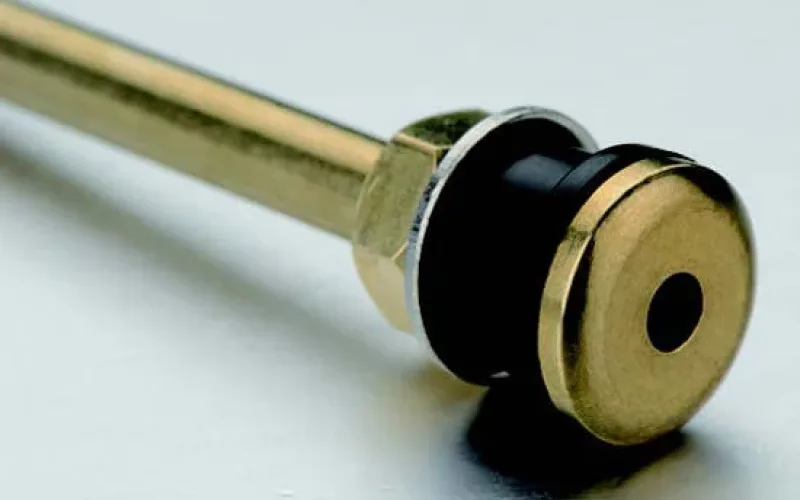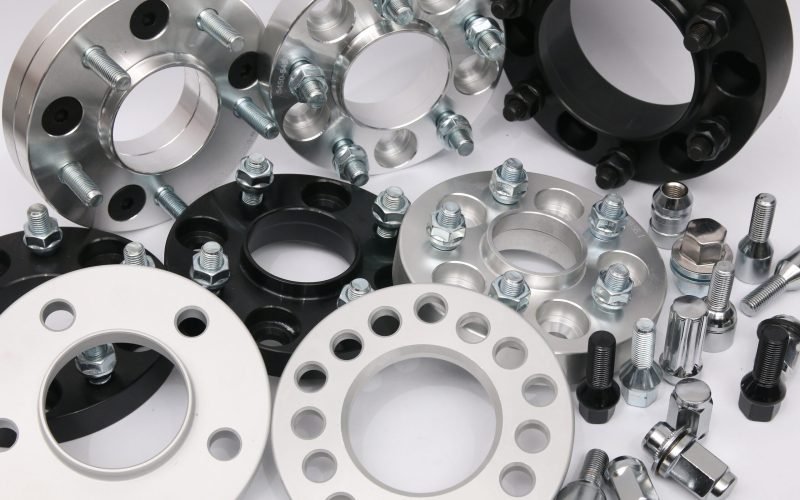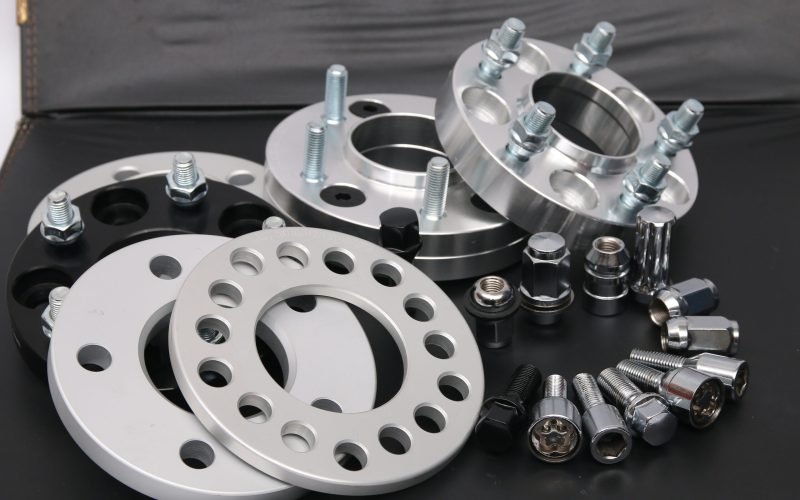

admin1
July 26, 2025
Five Reasons Wheel Stem Caps Are Vital for Tire Maintenance

You might think wheel stem caps are just small parts, but they play a big role in tire maintenance. Tire valve caps keep dirt, moisture, and debris out of the valve stem, which helps prevent leaks and keeps your tire pressure stable. Many people believe tire caps are only for looks, yet experts say these caps protect your tires and help you avoid costly repairs. Automotive safety agencies like the NHTSA report that proper tire inflation, supported by good tire valve caps, can boost fuel efficiency by up to 4%. Regularly checking your wheel stem caps helps you drive safer and keeps your tires in top shape.
Wheel Stem Caps Prevent Air Leaks
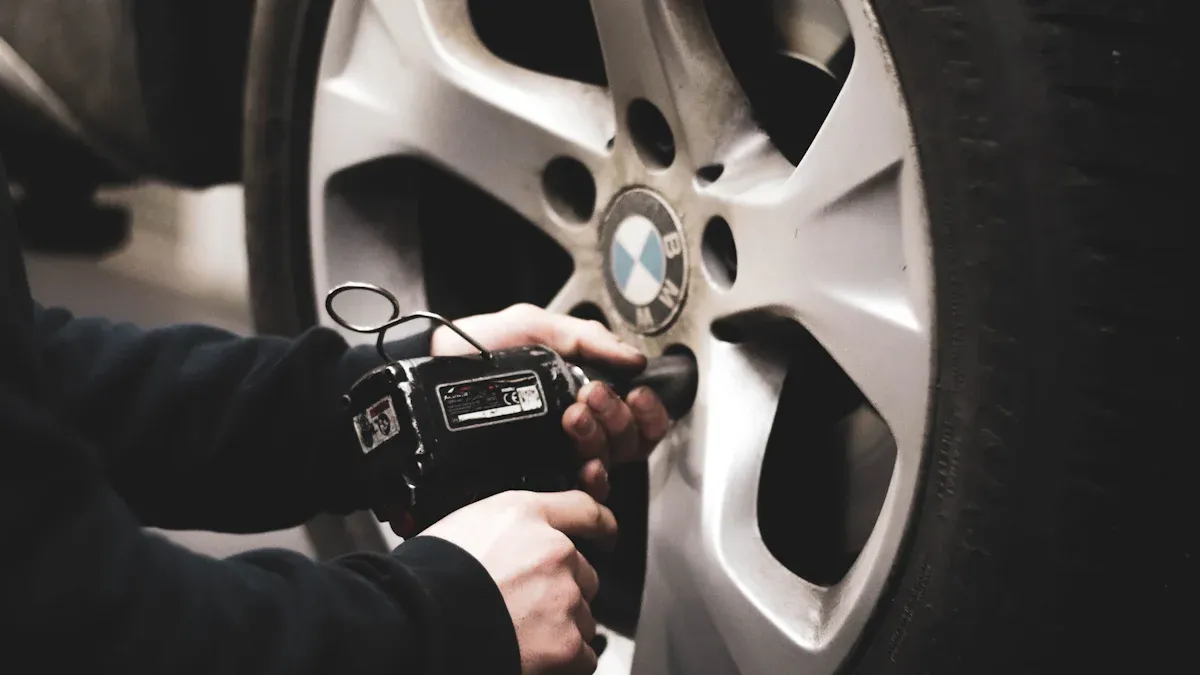
Sealing the Tire Valve
You might not notice the small cap on your tire valve, but it plays a big role in preventing air leakage. When you screw a cap onto the valve, a rubber O-ring inside the cap presses tightly against the valve stem. This creates a strong seal that keeps air from escaping. The O-ring is tough and can handle different weather conditions, so your tire stays properly inflated whether it is hot or cold outside. Tire valves need this extra layer of protection because dirt, water, and debris can get inside and cause leaks. By using tire caps, you help keep the valve clean and working well.
Tip: Always check that your wheel stem caps are tight after filling your tires. A loose cap will not stop leakage and can let in dirt or water.
Here are some ways wheel stem caps help in preventing air leakage:
- The cap’s rubber O-ring forms a tight barrier, stopping air from leaking out.
- Caps keep out dirt and moisture, which can damage tire valves and cause tire leaks.
- In cold weather, caps stop water from freezing inside the valve, which could make leakage worse.
- Keeping tire valves sealed helps your tires last longer and improves gas mileage.
Risks of Missing or Loose Caps
If you drive without wheel stem caps or if the caps are loose, you risk more than just a flat tire. Missing or loose caps allow dirt, water, and debris to enter the tire valve. This can damage the valve core and lead to slow or sudden leakage. The Federal Department of Transportation even requires trucks to have valve caps to help maintain tire pressure and avoid dangerous blowouts. When tire valves get dirty or corroded, they may not seal properly, which increases the chance of tire leaks and makes your ride less safe.
You can prevent these problems by:
- Checking your tire caps regularly and replacing any that are missing or damaged.
- Making sure each cap is screwed on tightly after checking or inflating your tires.
- Using high-quality caps that fit well and resist cracking or breaking.
Note: Simple steps like keeping your tire valves covered can save you from costly repairs and help you avoid sudden tire problems on the road.
Tire Valve Caps Block Dirt and Moisture
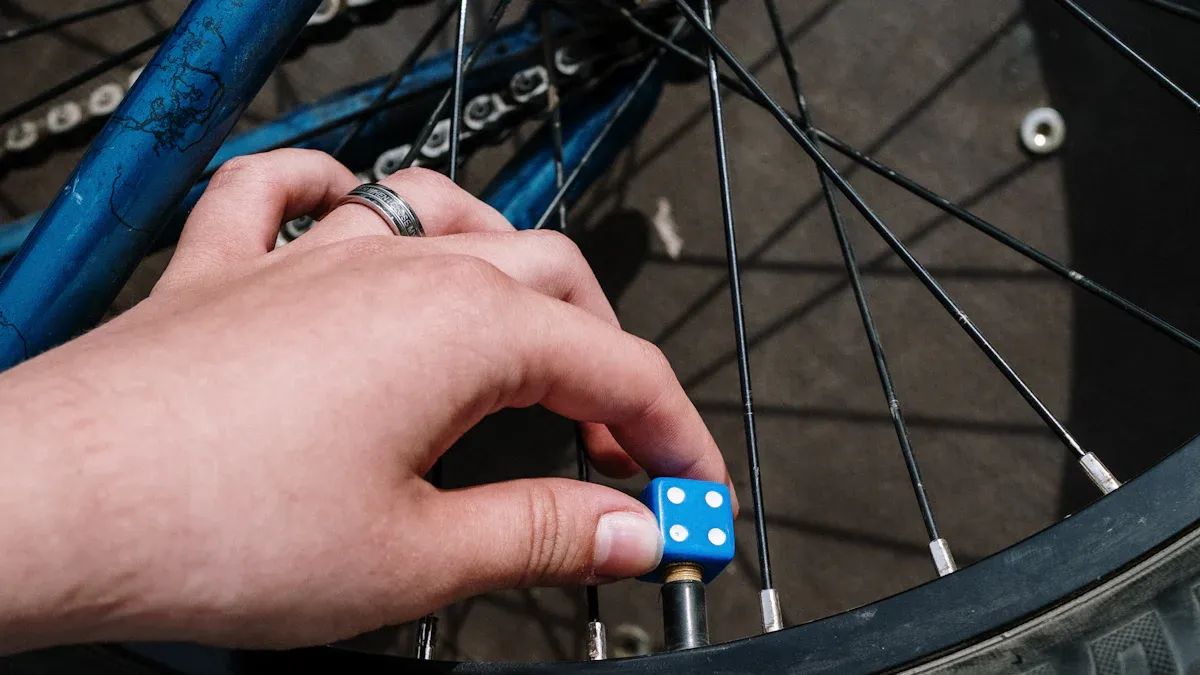
Shielding Against Contaminants
You face many challenges when keeping your tires in good shape. Dirt, dust, and debris can easily get into the valve stem if you leave it uncovered. Tire valve caps act as a barrier, stopping these contaminants from entering the valve area. When dirt or debris gets inside, it can foul the valve stem. This can cause the valve to stick or even let air escape. If you use a Schrader valve, you need to be extra careful. Dirt can press against the valve core poppet and lead to slow leaks. Over time, this reduces your tire pressure and hurts tire performance.
Tire valve caps made from metal or high-quality plastic often include a rubber O-ring or washer. This creates a tight seal that blocks out dust and dirt. Simple plastic caps without a rubber seal do not work as well. They may let in small particles that can damage the valve. Premium plastic caps with rubber O-rings keep out dust and dirt, helping your tires last longer.
Keeping your tire valve caps in place is a simple way to avoid problems caused by dirt and debris. You protect your tires and save money on repairs.
Protecting Valve Function
Moisture is another threat to your tire valves. Rain, snow, and even humidity can find their way into an uncovered valve stem. When moisture enters, it can cause the metal parts inside the valve to rust or corrode. This weakens the seal and makes it easier for air to leak out. Tire valve caps with rubber O-rings form a strong, airtight barrier. The O-ring presses against the valve stem, blocking air and moisture from getting in. This helps you keep your tire pressure steady and your tires safe.
Metal tire valve caps with rubber washers offer even more protection. They seal the valve stem completely, keeping out both air and moisture. High-quality plastic caps with rubber O-rings also work well. These materials resist cracking and damage from weather, so you get long-lasting protection. By protecting valve stems from moisture and dirt, you reduce the risk of leaks and keep your tires performing at their best.
- Metal or premium plastic tire valve caps with rubber seals block contaminants and moisture.
- Simple plastic caps without seals do not offer the same level of protection.
- Rubber O-rings made from strong materials like EPDM resist damage from weather and chemicals.
You can trust tire valve caps to keep your tire valves clean and dry. This small part plays a big role in protecting valve stems and keeping your tires safe.
Wheel Stem Caps Help Maintain Proper Tire Pressure
Supporting Consistent Inflation
You want your tires to stay at the right pressure for as long as possible. Wheel stem caps help you do this by sealing the valve and blocking air leaks. When you use high-quality caps, you keep air inside the tire and avoid the loss of tire pressure. Some modern vehicles use tire pressure monitoring systems (TPMS) that include sensors in the valve stem caps. These special caps check your tire pressure all the time and alert you if it drops or rises too much. This early warning lets you fix problems before they get worse.
According to tire maintenance studies, TPMS-equipped valve stem caps give you a big advantage. They help you spot leaks quickly, so you can keep your tires at the right pressure. This means you avoid running your tires under-inflated or over-inflated, which can damage them. You also get better safety and longer tire life. If you drive a car with TPMS, you may notice two types of sensors: some sit inside the tire, while others attach to the valve stem cap. Valve stem cap sensors are easy to check and replace, but you must remove them to add air. This makes tire care simple and helps you keep your tires in top shape.
Regularly check your wheel stem caps and TPMS sensors to make sure they are working. This habit helps you avoid sudden drops in tire pressure.
Impact on Tire Performance and Fuel Efficiency
Proper tire pressure gives you efficient tire performance and saves you money at the pump. When you lose air because of missing or damaged valve caps, your tires become underinflated. Even a small drop in pressure can hurt your fuel economy. Experts say that for every 1 psi drop in tire pressure, you lose about 0.2% in fuel efficiency. If your tires are 10 psi low, you could lose up to 2% in fuel economy. This means you spend more on gas and your tires wear out faster.
Missing valve caps also let dirt and water get into the valve. This can cause leaks and make your tires lose air even faster. Underinflated tires make your car harder to move, just like pushing a heavy wheelbarrow with soft tires. You also risk higher tire temperatures, which can lead to damage or even blowouts. By keeping your valve caps in place, you protect your tires and keep your car running smoothly.
- Proper tire pressure improves performance and keeps you safe.
- Wheel stem caps help you avoid loss of tire pressure and costly repairs.
- Good tire care means better fuel efficiency and longer-lasting tires.
Remember, a simple cap can make a big difference in your tire’s performance and your wallet.
Tire Valve Caps Safeguard the Valve Stem
Preventing Physical and Environmental Damage
You might not see the damage that happens to your tire valve stem, but it is real. Tire valve caps give you a strong layer of protection against many threats. When you drive, your tires face dust, moisture, and road salts. These can cause the valve stem components to corrode. If you hit a curb or run over debris, the valve stem can get scratched or cracked. Sunlight and extreme temperatures also make the rubber parts brittle and weak.
Here are some ways tire valve caps help you avoid these problems:
- They block dust, dirt, and road salt from reaching the tire valve stem.
- They keep out moisture, which can cause rust and corrosion inside the valve stem.
- They shield the rubber from sunlight and heat, stopping cracks and brittleness.
- They protect against bumps and scrapes from road debris or curbs.
When you use wheel stem caps made from quality materials, you get even better protection. Materials like EPDM or silicone resist heat and moisture. This means your tire valve stem stays strong, even in harsh weather. Regular checks help you spot any damage early, so you can keep your tires safe.
Tip: Always match metal caps with the same type of metal on your valve stem to prevent corrosion. Plastic caps are a safe choice for most vehicles.
Reducing the Need for Costly Repairs
You save money and time when you keep your tire valve caps in place. These small parts stop dirt, debris, and water from getting into the tire valve stem. When you keep contaminants out, you lower the risk of slow leaks and corrosion. This helps you avoid valve stem failure, which can lead to flat tires or sudden air loss.
Here is how tire valve caps help you avoid expensive repairs:
- They keep the seal airtight, so your tires hold air longer.
- They stop corrosion, which can break the valve core and cause leaks.
- They prevent swelling and cracking of rubber parts from humidity and moisture.
- They reduce the number of times you need to replace or fix the tire valve stem.
Protecting valve stems with the right caps means fewer trips to the repair shop. You also avoid the cost of new tires or emergency roadside help. By choosing the right tire valve caps and checking them often, you keep your tires in top shape and your wallet happy.
Wheel Stem Caps Support Tire Longevity and Safety
Extending Tire Life
You want your tires to last as long as possible. Wheel stem caps play a big part in making that happen. When you keep the caps on your valve stems, you protect the valves from dust, dirt, and moisture. This protection helps you avoid air leaks and keeps your tire pressure steady. Tire manufacturers agree that keeping the right tire pressure is one of the best ways to extend the life of your tires.
Here are some ways wheel stem caps help you get more miles out of your tires:
- They create a seal over the valve stem, stopping air from leaking out.
- They block dirt and debris, which can damage the valve and cause slow leaks.
- They shield the valve stem from weather, reducing the risk of corrosion.
- They help you keep proper tire pressure, which means your tires wear evenly and last longer.
If you neglect your valve caps, you may see signs like rapid pressure loss or hear air leaking. These problems can lead to underinflated tires, which wear out faster and cost you more money in the long run. Replacing a missing cap is a simple step that can save you from expensive repairs and early tire replacement.
Enhancing Road Safety
Wheel stem caps do more than just help your tires last longer. They also keep you safer on the road. When you use valve caps, you lower the risk of a tire blowout caused by sudden air loss. Underinflated tires can make your car harder to control, especially in emergencies. You might notice poor handling or longer stopping distances if your tires do not have enough air.
Regular inspection and cleaning of your valve caps prevent dirt and moisture from getting inside. This simple habit helps you avoid valve malfunctions and keeps your tires at the right pressure. When your tires stay properly inflated, you get better traction and handling. You also reduce the chance of accidents and keep your maintenance costs down.
Tip: Make checking your wheel stem caps part of your regular tire maintenance routine. This small step supports both the longevity of your tires and your safety every time you drive.
You can keep your tires in top shape by paying attention to small details. Regularly check and replace missing or damaged valve caps to avoid air leaks and costly repairs. For the best results, follow these tips:
- Use caps made from strong materials to resist corrosion.
- Make sure each cap fits tightly and seals the valve.
- Inspect caps often and replace them if you see damage.
- Fortune stands out for quality and reliability:
- The company focuses on stable product performance.
- Customers trust Fortune for professional service and long-term satisfaction.
- Skilled staff support product development and communication.
Protect your vehicle by choosing trusted products and following simple maintenance steps.
FAQ
What happens if you lose a wheel stem cap?
You risk dirt and moisture entering the valve stem. This can cause slow air leaks. Your tires may lose pressure faster. You might need to check your tire pressure more often.
How often should you check your tire valve caps?
Check your tire valve caps every time you inspect your tires. Look for cracks or missing caps. Replace damaged or missing caps right away. This habit helps you keep your tires safe.
Can you drive without a tire valve cap?
You can drive, but you should not. Without a cap, the valve stem stays exposed. Dirt and water can get inside. This may lead to leaks or valve damage. Always use a cap for protection.
Do tire valve caps affect the tire pressure monitoring system?
Tire valve caps do not interfere with the tire pressure monitoring system. Some systems use special caps with sensors. Always use the correct cap for your system. Check your owner’s manual for details.
Are metal or plastic valve caps better?
Metal caps last longer and resist damage. Plastic caps work well for most cars. Choose a cap that fits tightly and seals the valve. Both types protect your valve stem from dirt and moisture.
Tip: Always keep spare valve caps in your glove box. You can replace a lost cap quickly and keep your tires protected.
